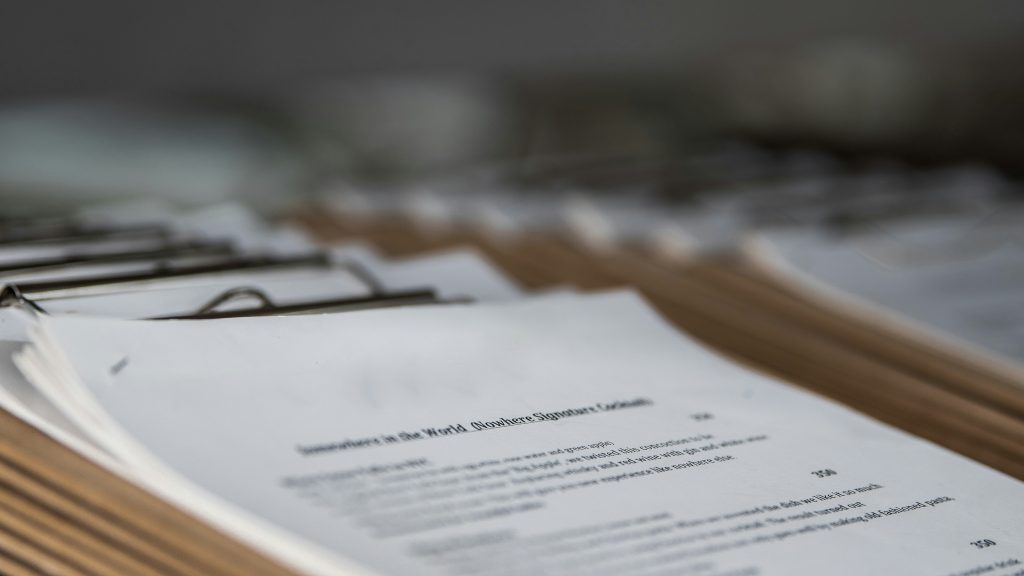Appellate practice presents unique challenges and pitfalls that attorneys must navigate to effectively advocate for their clients. From procedural missteps to substantive errors, avoiding common pitfalls is essential for achieving favorable outcomes in appellate litigation. In this guide, we’ll explore strategies to help attorneys identify and sidestep common pitfalls in appellate practice, enhancing their chances of success before the appellate courts.
- Failure to Preserve Issues:
- One of the most significant pitfalls in appellate practice is the failure to properly preserve issues for appeal during the trial court proceedings. Attorneys must ensure timely objections, motions, and rulings to preserve appellate issues for review.
- Incomplete Record on Appeal:
- Inadequate preparation of the record on appeal can hinder the appellate court’s ability to review the case thoroughly. Attorneys must meticulously compile all relevant documents, transcripts, exhibits, and pleadings from the lower court proceedings.
- Non-Compliance with Appellate Rules:
- Non-compliance with appellate rules regarding formatting, citation, and length requirements for briefs can result in rejection or sanctions. Attorneys must carefully adhere to appellate rules to avoid procedural pitfalls.
- Weak Appellate Briefing:
- Appellate briefs that fail to clearly identify and articulate the appellate issues, provide cogent legal arguments supported by precedent, and adhere to persuasive writing principles may undermine the attorney’s position on appeal.
- Ineffective Oral Advocacy:
- Inadequate preparation for oral arguments, failure to address the appellate court’s concerns, and lack of responsiveness to questions from the judges can diminish the effectiveness of oral advocacy and weaken the attorney’s position.
- Misapplication of Standard of Review:
- Misapplying the applicable standard of review for each issue raised on appeal can lead to flawed legal analysis and erroneous conclusions by the appellate court. Attorneys must accurately identify and apply the correct standard of review.
- Overlooking Jurisdictional Requirements:
- Ignoring jurisdictional requirements or filing deadlines can result in dismissal of the appeal or waiver of appellate rights. Attorneys must carefully review jurisdictional statutes and appellate rules to avoid jurisdictional pitfalls.
- Neglecting Precedent and Authority:
- Failure to thoroughly research and cite relevant precedent and authority to support legal arguments in appellate briefs can weaken the attorney’s position and undermine the persuasiveness of their advocacy.
- Lack of Professionalism and Civility:
- Engaging in disrespectful or uncivil conduct, failing to adhere to ethical standards, or engaging in dilatory tactics can damage the attorney’s credibility and reputation before the appellate court.
- Inadequate Client Communication:
- Poor communication with clients regarding the appellate process, potential outcomes, and strategy can lead to misunderstandings, dissatisfaction, and loss of trust. Attorneys must maintain open and transparent communication with their clients throughout the appellate proceedings.
Conclusion: By recognizing and avoiding common pitfalls in appellate practice, attorneys can enhance their effectiveness and increase their chances of success before the appellate courts. Through meticulous preparation, adherence to appellate rules, persuasive advocacy, and professionalism, attorneys can navigate the complexities of appellate litigation with confidence and skill, ultimately achieving favorable outcomes for their clients.



